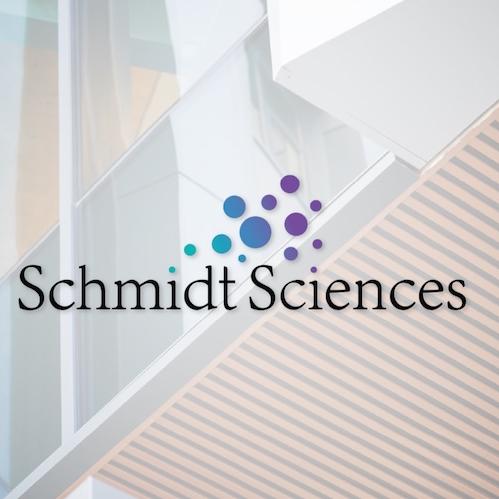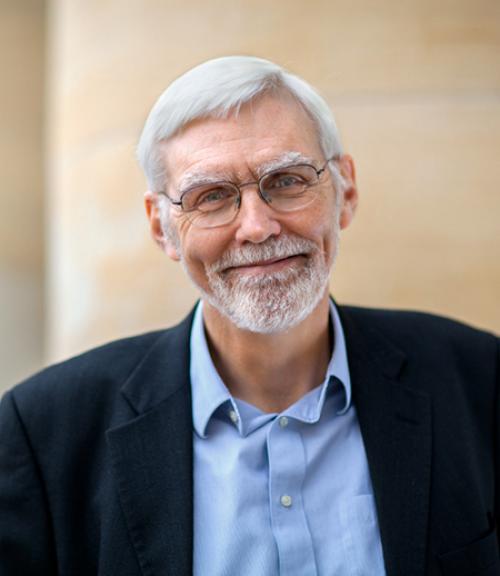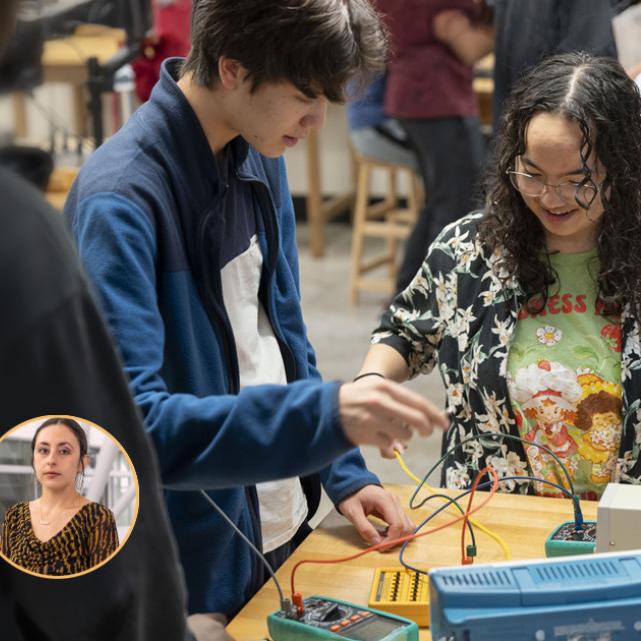
 Department Homepage
The College of Arts & Sciences
Department Homepage
The College of Arts & Sciences
Peter Lepage wins prestigious Sakurai Prize in physics
Physics professor Peter Lepage wins 2016 J.J. Sakurai Prize for Theoretical Particle Physics.




